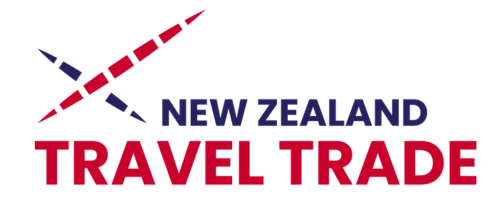The transformative potential of Artificial Intelligence (AI), Data Intelligence, and Generative AI (GenAI) in reshaping the global travel industry was a central focus during a high-level roundtable at Arabian Travel Market (ATM) 2025 in Dubai. Co-hosted by Mabrian Technologies and Almawave Group, and curated by the Global Travel and Tourism Resilience Council, the session brought together senior leaders from tourism boards, global travel organisations, and major consultancies to examine how intelligent technology can drive more strategic, sustainable and personalised travel experiences.
Themed “Successful Market Strategies with AI and Data Intelligence”, the invitation-only forum explored how travel and tourism stakeholders are increasingly turning to AI-driven solutions to unlock actionable insights, improve destination management, streamline operations, and enhance traveller engagement. It comes at a time when the industry is navigating shifting traveller expectations, dynamic global conditions, and growing pressure to deliver both efficiency and innovation.
AI’s Expanding Role in Travel Strategy
From predictive analytics for traveller behaviour to intelligent pricing models and automated itinerary planning, AI is already influencing core facets of the tourism value chain. However, what’s emerging now is a more holistic application of AI – particularly Generative AI – across planning, operations, marketing and customer experience. These technologies allow businesses and destination management organisations (DMOs) to respond in near real-time to market trends, consumer sentiment, and emerging challenges. At the roundtable, executives from Visit Oman, Ras Al Khaimah Tourism Authority, NEOM, and others shared examples of how AI and data intelligence are being embedded into long-term planning to support tourism development goals, manage visitor flows, and foster more resilient ecosystems. Global consultancy firms including McKinsey & Co., BCG, and Roland Berger contributed further insight into overcoming institutional hurdles such as data silos, digital skills shortages, and organisational inertia.
Enabling Collaboration Across the Ecosystem
Participants also highlighted the importance of building collaborative ecosystems between public entities, private operators, tech firms and analytics providers. Carlos Cendra, Partner and CMO of Mabrian Technologies, said: “Our goal with this roundtable was to have a frank, cross-sector dialogue on how to offer more intelligent, responsive travel solutions. Data-driven strategies are no longer optional – they’re essential to solving real-world challenges faced by destinations and providers.”
The discussion recognised that while AI tools are growing more powerful, the real competitive advantage lies in leadership’s ability to operationalise these insights. Laurie Myers, Global Strategist for the Resilience Council, added: “This isn’t just about innovation; it’s about implementation. The winners in the next chapter of travel will be those who can translate intelligence into action, across departments, teams and customer touchpoints.”
A Regional Push for Travel Intelligence
With the transformation of global tourism, the demand for real-time, data-led decision making is rising. Mario Pucciarelli, Director of Sales & Business Development at Almawave, emphasised that the partnership with Mabrian is already supporting destinations in the region with next-gen solutions that feed into the broader AI vision of smart, sustainable growth: “We’re not just offering software – we’re building long-term data ecosystems that deliver value for DMOs and travellers alike.”
Looking Ahead
As the global travel industry moves beyond recovery into a phase of redefinition, AI and data intelligence are becoming foundational to everything from personalised customer journeys and dynamic pricing to carbon footprint analysis and scenario planning.


